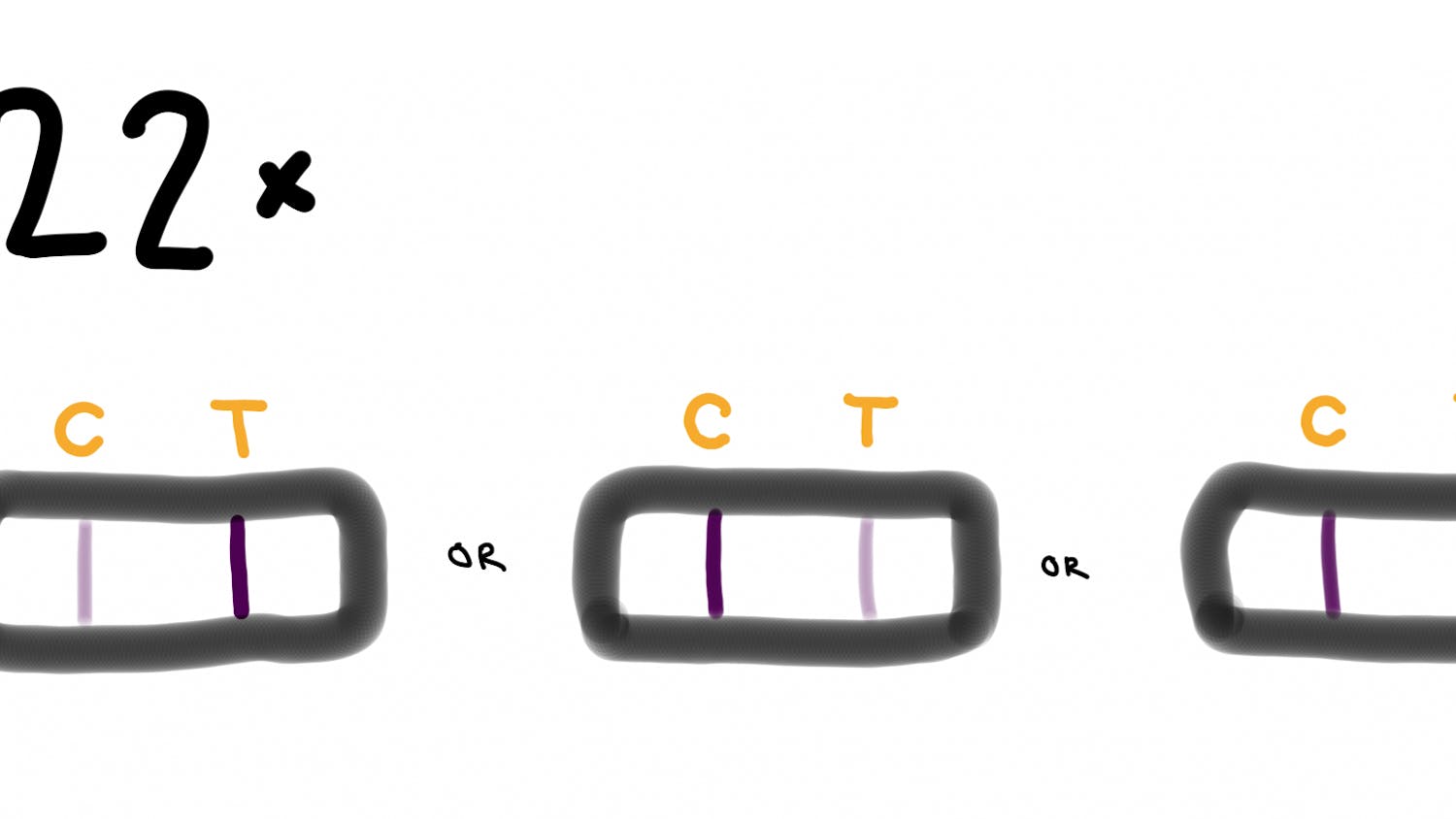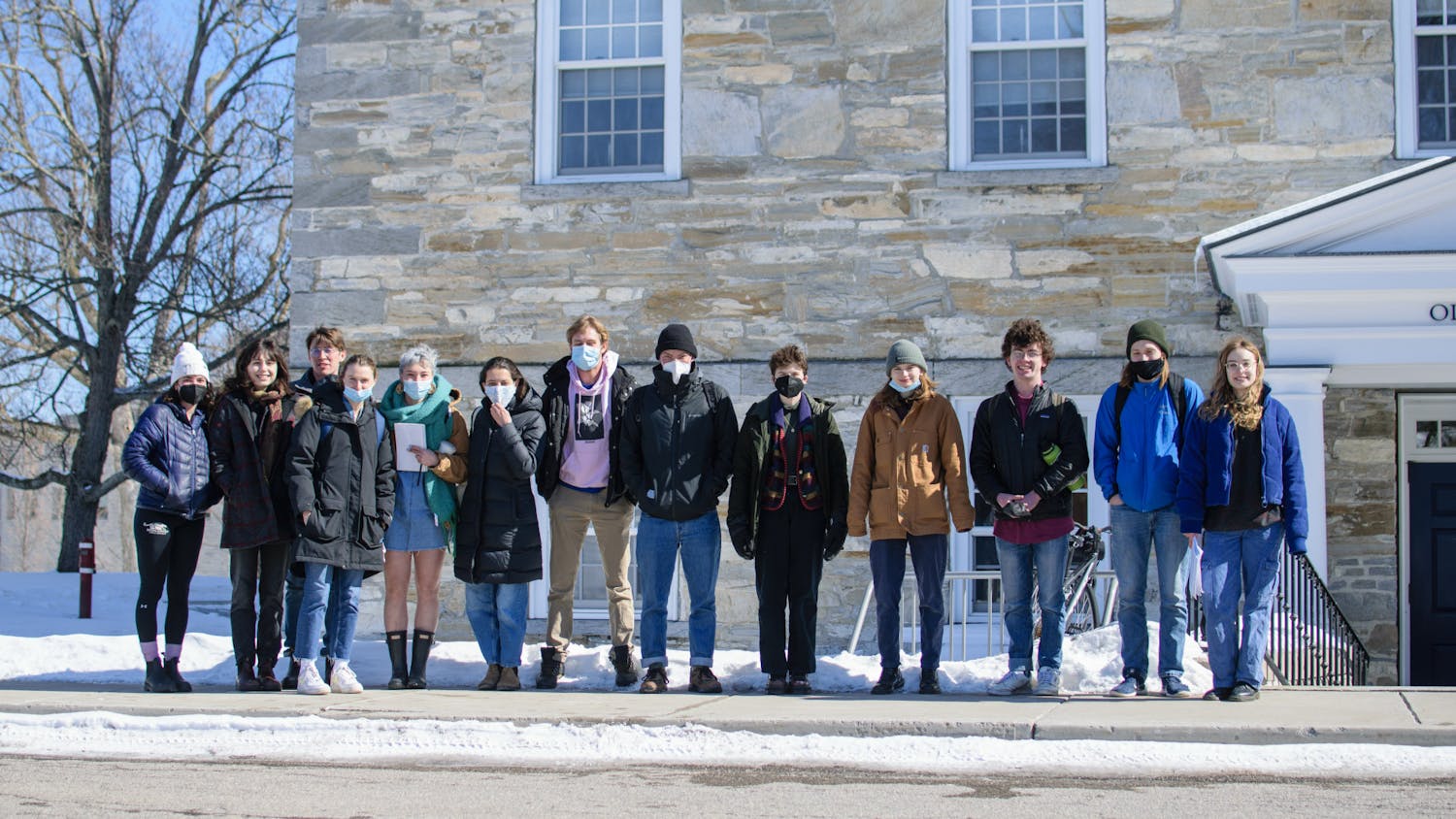The college will no longer require masking on campus except in classrooms and other designated areas beginning March 18 at 3 p.m., according to an email from administrators sent to students on March 9. Beyond classroom masking, it is up to individual departments to determine whether they will continue to require masks, the email said.
The college has also increased the availability of rapid antigen tests, which they announced they would distribute in early March in an email in late February. Distribution followed a significant uptick in active Covid-19 cases, with more than 200 students testing positive last week.
The email also noted that student PCR testing will no longer be required starting on March 14, although optional PCR testing will still be available for students and employees.
The college announced in an earlier email sent to students on Feb. 18 that testing will eventually shift away from surveillance PCR testing in the general student body towards a combination of antigen and PCR testing, but announced required PCR testing through at least this week.
The CDC recently called for loosening mask restrictions and testing requirements in many areas with low or medium community levels of Covid-19, a metric determined by case rates and hospital capacity. As of the CDC’s most recent update, Addison County remains at medium levels, while surrounding counties are considered to be at medium or high level.
Other NESCAC schools, including Williams and Colby, have recently loosened their mask restrictions in accordance with the new CDC guidelines. Harvard University removed its indoor mask mandate this week amid the school’s largest Covid-19 case surge.
The Covid-19 dashboard — most recently updated on March 8 — was showing 135 total active cases as of press time. An update on March 3 revealed 222 new cases on campus, which is the largest number of consecutive cases reported at the college.
Per Alexander ’24.5 recently tested positive for Covid-19 and relocated to isolation housing at the Bread Loaf campus to complete his isolation since he has a roommate. Alexander noted that he appreciates the increased availability of rapid tests.
“I think it’s a really good way to get results back to people much quicker, especially if you have symptoms,” Alexander said. “It’s just nice to know right away so you can make plans.”
The college announced in late February that it had secured over 30,000 rapid antigen tests, which have been used to test symptomatic students in recent weeks. The antigen tests are now being distributed to the general student body in dining halls and at on-campus testing sites. Students were required to receive a PCR test on March 7 or 9 and were supplied with two self-test kits as the school shifts to a more rapid antigen focused testing program for the spring.

Charlie Keohane ’24 (she/her) is an Editor at Large. She previously served as the SGA Correspondent and a Senior Writer.
She is an environmental writing major and a psychology minor from Northern California. Outside of academics, Charlie is a Senior Admissions Fellow at the Middlebury Admissions Office. She also is involved with the women’s track team and hosts Witching Hour, a radio show on 91.1 WRMC. In Spring 2023, she studied abroad in Copenhagen, Denmark. In her free time, she enjoys hiking, watching Greta Gerwig movies, polar plunging, sending snail mail, and FaceTiming her rescue dog, Poppy.



